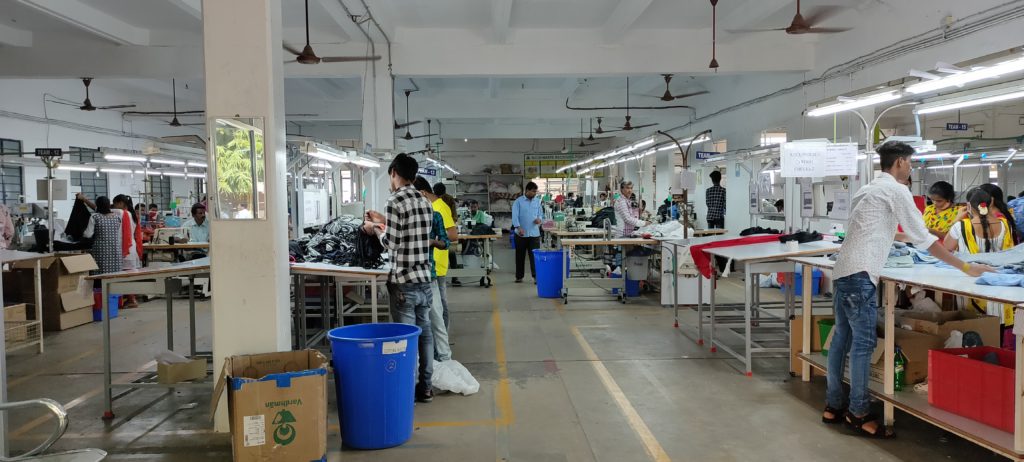For the first time in 7,000 years, cotton commanded respect in its peers’ eyes. When the world locked itself down, people flung leather skirts and silk suits to the back of their wardrobes and attended office meetings in breezy cotton outfits.
Once cotton became the preferred fabric, people were quick to demand sustainable substitutes. Bamboo cotton, thus, rose to the occasion.
Clothes made from bamboo fibres require 1,000 litres less water than regular cotton. It is also one of the more organic options.
Processing bamboo cotton requires specialized machinery. The fibre is extracted from bamboo and blended with organic cotton. Then it is repeatedly washed and ironed till the texture turns silky. This raises its costs to a range between ₹200 and ₹300. A similar cotton cloth retails at ₹50 to ₹100.
“You can just dunk it in water, wring it out and within an hour, it would be dry,” said Vijaya Raghavan, chief executive officer of Lavos Performance, a textile company that manufactures garments using only bamboo cotton fabric in Tiruppur, Tamil Nadu.
“It’s an easy fabric to handle because it is lightweight, odour-free and moisture-absorbent,” he added.
Cotton captures a major chunk of the casual clothes market that was earlier mostly endorsed by sports persons and dominated by brands such as Nike and Reebok. It was upgraded to ‘athleisure’ in recent years when supermodels strutted on Gucci and Balenciaga runways in them. A portmanteau of ‘athletic’ and ‘leisure’, it came to denote a style of clothing suitable for working-out as well as running errands.

More people took to cotton-made athleisure during COVID-19 pandemic as lines started blurring between work and play. It entered bedrooms of masses at a time when people increasingly hopped on to video-conferencing calls after movie nights.
The rise of athleisure coincides with retail giants Levi Strauss, H&M, Puma and others committing to “use more sustainable cotton,” according to global non-profit Textile Exchange’s latest report titled Organic Cotton Market Report 2020.
India is the biggest producer of organic cotton in the world, said the report. By growing nearly half of the world’s total organic cotton, India is miles ahead of China, Turkey, USA and others.
While India’s cotton production remained the same as 2019, the exports failed to take off.
By the end of September, India produced nearly the same as last year, said R Jayakumar, deputy secretary-general of the Cotton Corporation of India. But due to lockdowns, the cotton industry barely exported any fabric, he added.
The cotton crop was estimated at 356 lakh bales for the year 2020-21, as compared to the 360 lakh bales produced in the previous year, according to data from the Cotton Association of India.
We lost about $167 billion (nearly ₹12.1 lakh crore) worth of cotton exports, said K Selvaraju, secretary-general and chief executive officer of Southern India Mills Association, a textile association in Coimbatore, Tamil Nadu.

